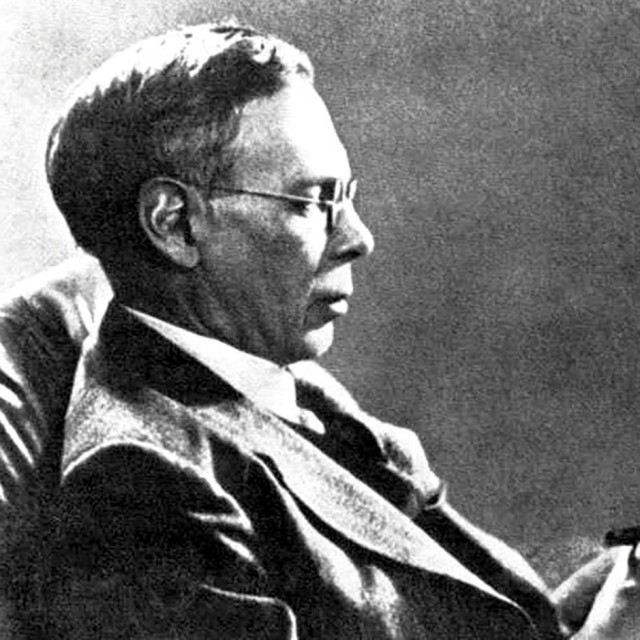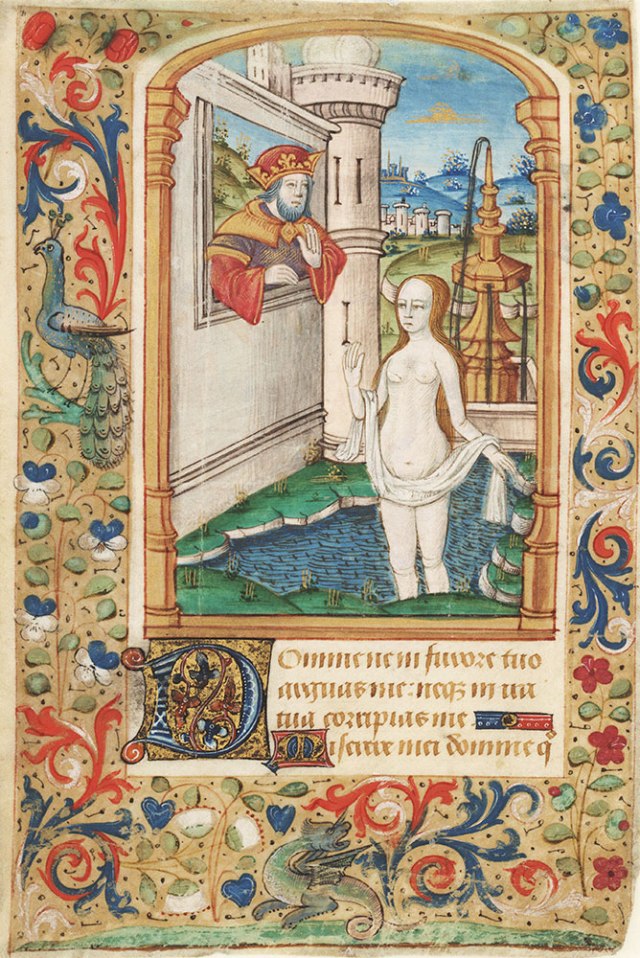When Christianity Today published its recent article calling for President Trump’s removal from office, I watched the ensuing mayhem from a distance. While I had shared the article, from the start I had resolved not to blog or comment on the piece—too many people were already talking about it, and I didn’t consider it useful to add my voice to the chaos. I’m still not planning to comment on the article or its content today—what I do want to talk about is a particular response to the article that I began to see repeated in many places: the accusation of elitism.
In brief, a very visible (and visibly agitated) group of Evangelicals responded with some hostility to Mark Galli’s editorial, and one of their key accusations was that Galli—and by association so-called “Christian” never-Trumpers like him—are elites who are missing the point. “Evangelical elites,” Carl Trueman wrote in a rebuttal published in First Things, “are clearly as out of touch with the populist evangelical base as is the case in society in general.” Our needs and desires, he suggests, as the “people in the trenches” are different from what you think they are, Mr. Galli. The Ivory Tower has rendered you desperately out of touch.

There are two things to say in response to this deeply troubling accusation. The first is to note that it is not, in fact, an argument. In this circumstance, and in the subsequent repetitions of the phrase I’ve encountered, to accuse someone of being an elite is a handy way of dismissing that person’s ideas outright. This person doesn’t have to be listened to; he’s not like us. Elite—like other shorthand terms (Libs, Libtards, Snowflakes, the Dems)—is a handy label for summary dismissal of the person with whom you are having a conversation. It allows the label to make the argument for you, without any actual engagement at the level of what’s been said. Ironically, the accusation of elitism smacks of the communist accusation that someone is bourgeoisie. Your disposition, the argument goes, renders your thinking irretrievably irrelevant.
I shouldn’t have to tell you that this is a deeply un-Christian way of approaching the world. Explicitly in Matthew 5, when Jesus tells us how to respond when a brother has an accusation against us, we are told that to label our brother “empty-head,” or “fool,” is to commit a form of murder. In other words, to reject our brother by means of a label when he approaches us with a concern is to violate the Ten Commandments. To discourse in this way is beneath us.
A second thing to say in response to the accusation of elitism is that if it is an argument, it is a bad one. The best I can figure is that the argument goes something like this. We in the trenches have to make real-world decisions, and you elites are so removed from the world that your input is irrelevant. What we need is marching orders, and reliable trench-obedience, not uppity moral platitudes pronounced by people who claim to have clean hands. Those things may work in peacetime, but this is war, and war is ugly. So shut up.

Paul Fussell’s book offered fantastic insights into the mindset of average soldiers during The Great War.
The problem, of course, is that there is no more important time for truth, beauty, and goodness than in times of deep confusion. I am reminded of a strange irony. Recently, while reading about the First World War, I found out that the most commonly read book in the trenches was The Oxford Book of English Verse. Those English boys, with soaked feet and tattered uniforms, surrounded by rats, trench-fever, and dead bodies, a waste-land of unimaginable horror around them, turned in their spare moments to the sublime. They craved, in the midst of their horrors, something ‘elite’ to remind them of what mattered, of what was real. Similar examples abound. A key principle of Biblical interpretation is that you judge the unclear by means of the clear; you don’t judge the clear by means of the unclear. In times of uncertainty you appeal to what is eternal in order to make sense of the murky present, rather than projecting our murky present out onto the eternal. In other words, the solution to bad ideas is not no ideas, but good ideas. And good ideas are to be found among people who, by most accounts, have the time to think and reflect on them. In other words, the elite.
 Roger Scruton, who died this past week, was reading de Gaulle’s Memoires when he was impacted by de Gaulle’s claim that a nation is defined “by language, religion, and high culture [and that] in times of turmoil and conquest it is those spiritual things that must be protected and reaffirmed.” It is during times of chaos that we require the clearest presentations of the true, the beautiful, and the good, and to dismiss an ‘opposition’ by throwing these things under the bus is a betrayal of our stewardship for the future. Get rid of the ‘elites’ and you get rid of whatever it is you think you’re fighting for.
Roger Scruton, who died this past week, was reading de Gaulle’s Memoires when he was impacted by de Gaulle’s claim that a nation is defined “by language, religion, and high culture [and that] in times of turmoil and conquest it is those spiritual things that must be protected and reaffirmed.” It is during times of chaos that we require the clearest presentations of the true, the beautiful, and the good, and to dismiss an ‘opposition’ by throwing these things under the bus is a betrayal of our stewardship for the future. Get rid of the ‘elites’ and you get rid of whatever it is you think you’re fighting for.
I write this, of course, as someone who very likely qualifies as one of these ‘elite.’ I’m currently writing a PhD in Scotland, am well fed, am comfortably housed, and it is only wind, and not war, that clambers to distract me from outside my office window. Nevertheless, not only do I believe in ‘elitism,’ I believe that a certain elitism is the call of every Christian on earth. We are not called to be grunts for Christ, but elite troops; not minimum-wage workers in the Kingdom, but elite service providers; not jobsworths, but elite problem solvers. It is our very business to raise people up in the Church, to train, to teach them to read, to teach them in moral reasoning, to form in them the ‘mind of Christ’ so that whatever is good, noble, and true—on those things they will think and reflect and exhibit to others. In other words, we want Christians to inhabit an eternal, kingly, godly perspective in every situation—and what could be more elite than that?

This is literally steps from my office.
The problem, in my estimation, is not that the elites are out of touch, but that there are too few of them. The whole business of catechesis—that is, of training people in the life of faith—is the business of educating them for greater effectiveness and godliness. It is the training ground for elite and effective Christian disciples. That, in point of fact, is something I am very passionate about: to call everyone into greater Christian ‘elitism’—more reading, thinking, reflecting, questioning, asking, sharing—and, stemming from those things, more faithful action as well.





 It seems to me that all three sins—the sin of adultery, of murder, and the sin of the census—are, in the text, fundamentally the same sin. Each points to David’s misuse of his kingly power, each seems to lie in the idea of the king as possessing a kind of sovereign ownership over his people, and each demands repentance and re-learning on his part. It also seems to me that, unless we are willing to call the census a ‘rape’ (i.e., all abuse of power is rape), or the murder a ‘rape’, then we ought to be quite careful in labeling the sin with Bathsheba ‘rape.’ I want to point out a further reason for this.
It seems to me that all three sins—the sin of adultery, of murder, and the sin of the census—are, in the text, fundamentally the same sin. Each points to David’s misuse of his kingly power, each seems to lie in the idea of the king as possessing a kind of sovereign ownership over his people, and each demands repentance and re-learning on his part. It also seems to me that, unless we are willing to call the census a ‘rape’ (i.e., all abuse of power is rape), or the murder a ‘rape’, then we ought to be quite careful in labeling the sin with Bathsheba ‘rape.’ I want to point out a further reason for this.